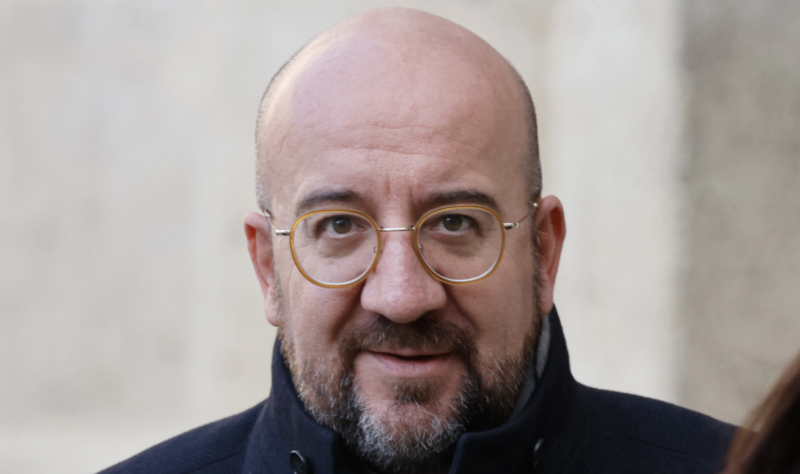Charles Michel, once at the helm of the European Council, has taken on a new academic role that’s causing quite a stir. He’s now a Distinguished Professor at the China Europe International Business School (CEIBS), an elite institution jointly backed by the EU and China.
Though the announcement was made back on May 8, it’s only now sparking widespread attention—mainly because of the delicate political dance between Brussels and Beijing.
CEIBS rolled out the red carpet for Michel, highlighting his achievements from his days as Belgium’s youngest prime minister to his two-term presidency of the European Council. The school framed his appointment as a step toward deeper EU-China understanding and applauded his past efforts in international cooperation, climate diplomacy, and fostering a “balanced” European approach to China.
While CEIBS was all praise, European critics weren’t so kind. MEP Miriam Lexmann from the European People’s Party didn’t mince words, calling Michel’s cozy relationship with the Chinese Communist Party unsurprising. She quipped online, “Let’s see when Baku comes calling next,” and warned against European leaders trying to “have their cake and eat it too” with China.
Unlike former European Commissioners, Michel wasn’t bound by any official “cooling-off” period before accepting the role. All he had to do was give his successor, António Costa, a heads-up—no need to loop in the wider Council.
His appointment lands at a time when EU-China relations are on shaky ground. Recent trade spats have seen tariffs fly both ways—from Chinese electric vehicles to European liquors and pork. Add to that Europe’s ongoing criticism of China’s human rights practices and Beijing’s tacit support of Russia in the Ukraine war, and the timing of Michel’s move feels particularly awkward.
Still, CEIBS isn’t new to recruiting Europe’s political elite. Past figures like José Manuel Barroso, Herman Van Rompuy, and Pascal Lamy have also taken posts there. Michel plans to stay based in Belgium, flying out as needed to CEIBS’ campuses in China, Ghana, and Switzerland.
Asked about his decision, Michel defended it, calling education “a bridge between continents” in an increasingly fragmented world. As for what’s next, he’s reportedly open to advising companies or teaching at other institutions too.
And, lest anyone forget, Michel walks away from Brussels with a hefty transitional allowance—reportedly around €260,000. The Council declined to comment when contacted by Brussels Signal.




